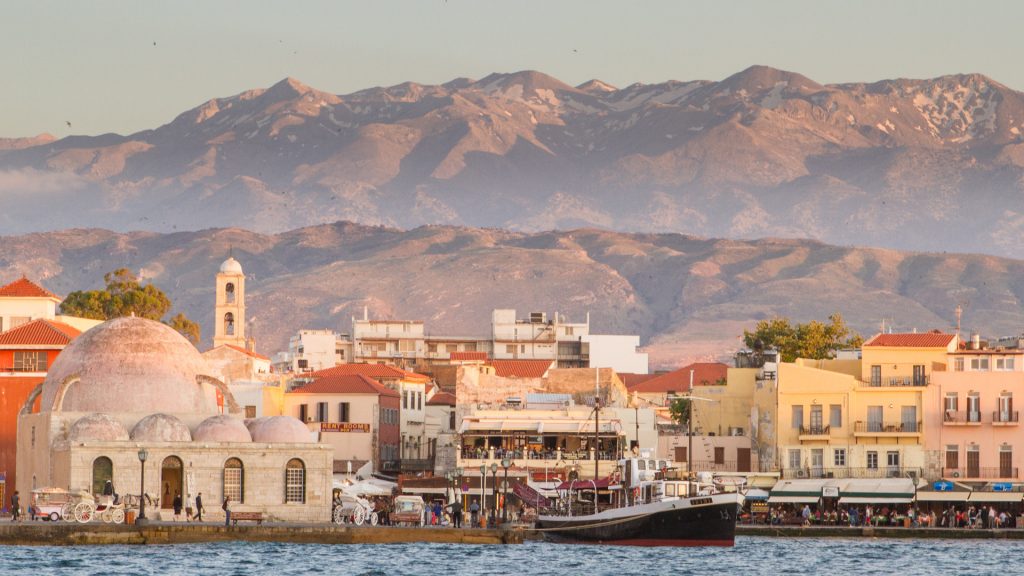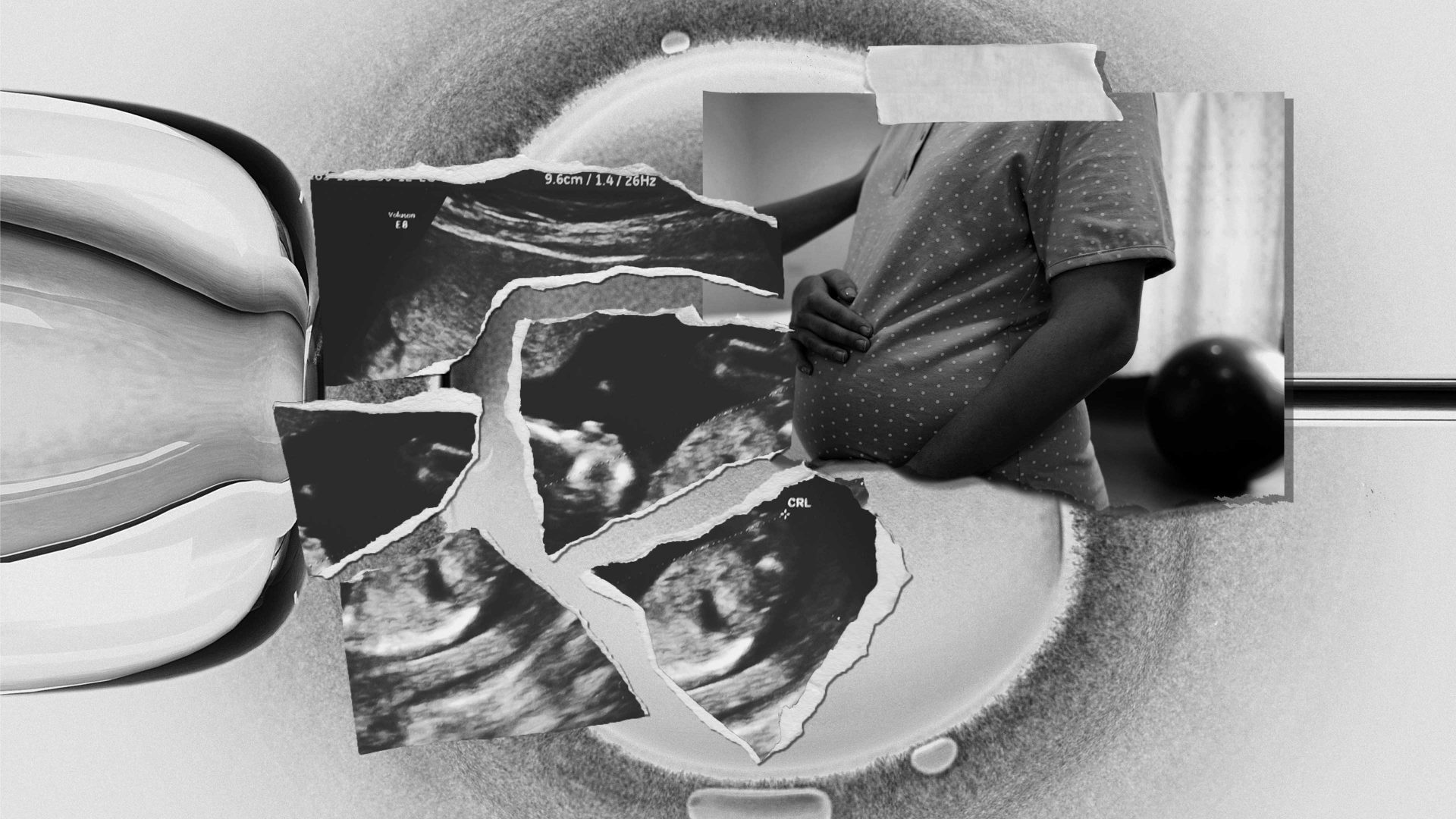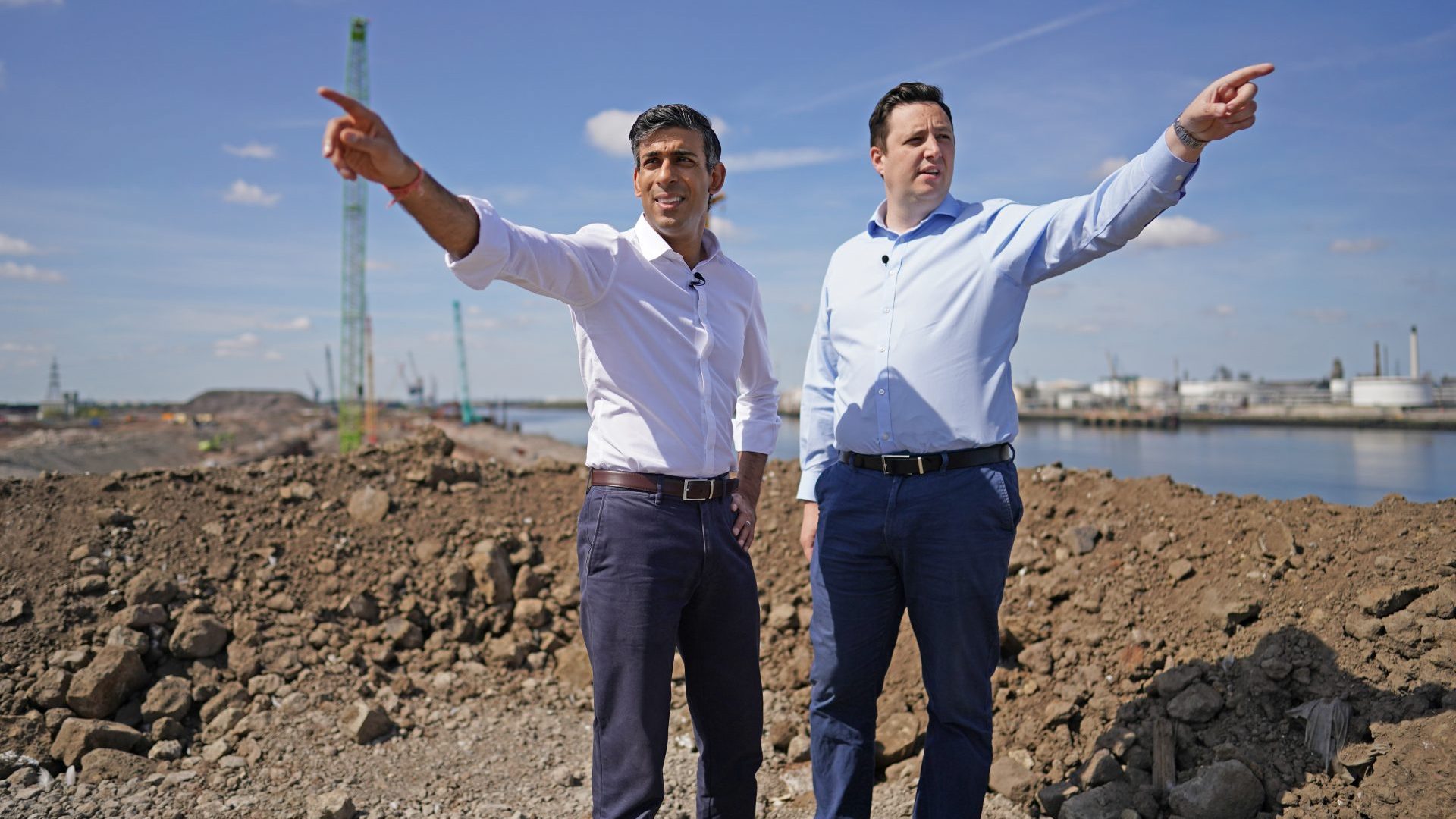While visiting the Cretan port city of Chania recently, I saw a building I recognised. It was a stocky, H-shaped structure on the outskirts of the city with burgundy-painted towers – the General Hospital St George, a place that has recently become infamous.
In a high-security wing of the hospital, an unknown number of newborn babies were under police guard. These children had been born to surrogate mothers who were allegedly trafficked to the country by a Cretan IVF clinic that was raided last August. All of its staff members were arrested.
But the accusations go further than illegally bringing vulnerable women to the Greek island, and include charges of sham embryo transfers. This means clients are now waiting for the results of DNA tests to find out whether the babies they enlisted a surrogate to carry are even genetically their own.
The number of babies under police guard in the hospital continues to grow as surrogate mothers who were pregnant at the time of the raid give birth. The supposed parents of these children, many of them from countries with strict legal restrictions on surrogacy, have been flying to Crete while they await news on the case.
But the Greek government has now announced that all of these surrogacy contracts are null and void, meaning it’s unclear whether the prospective parents will be flying home with a child. Trials are months away.
The clinic at the centre of the scandal is the Mediterranean Fertility Institute. Since police investigations began in December 2022, staff have allegedly trafficked 169 surrogate mothers to Crete. These women were targeted by “brokers” operating both within Greece and in countries including Ukraine, Moldova, Romania and Georgia who were supposedly paid €5,000 for each woman enlisted.
But the accusations levelled against the clinic go far beyond this. They are said to have accepted money from women for egg retrieval procedures, and carried out these highly invasive surgeries on clients despite knowing in advance that for medical reasons it would be impossible to extract the eggs. They allegedly created fictitious marriage agreements to help single men have a child via a surrogate, and falsified citizenship documents for the surrogates they trafficked as well as birth records and medical documents.
Over the past few decades, Greece has garnered a reputation as the go-to European destination for fertility treatments and surrogacy services. Thousands of prospective parents head to the island every year to find a surrogate, or to undertake procedures that will improve their chances of conception. Many are from Australia, where only rare cases of altruistic surrogacy are legally permitted, and same-sex couples from Italy are also well represented.

There are various reasons behind Greece’s rise to the top of the “reproductive tourism” pyramid; gender selection is legal here, and women up to the age of 54 can receive fertility treatments (other countries have a much lower age limit). For those looking for egg donations, in Greece the identity of the donor remains permanently anonymous, whereas in the UK children are able to find out the identity of their birth mother when they turn 18.
Price also plays a big role. While commercial surrogacy is legal in some US states, it can cost more than $200,000. The cost at the Mediterranean Fertility Clinic, which was one of Greece’s biggest providers of surrogacy services, was generally less than half that. Greece even relaxed rules governing the practice in 2014 when it dropped requirements for those looking for surrogate services to have a permanent address in the country.
What’s remarkable about the whole case is that for-profit surrogacy was never legal in Greece. The practice was only ever allowed for altruistic reasons, a term that was very loosely interpreted by the courts. The most that can be paid to a surrogate is €10,000, which is meant only to cover the loss of income during pregnancy.
Surely it must have seemed fishy that so many Cretan women would carry babies for couples they did not know, purely out of the goodness of their hearts. And clinics in Greece are not legally allowed to act as intermediaries. How, then, could the country ever cultivate an industry around providing surrogate mothers for would-be parents?
It’s something that also baffled the journalists Melanie Croyé and Zacharias Zacharakis of Germany’s Zeit newspaper. In 2019 they conducted an undercover investigation into the institute, and staff openly revealed what appear to be illegal operations.
“I really felt like this was something big when we were reporting,” Croyé told me via Zoom call. “We really wanted the authorities to take a closer look, and eventually the Ministry for Reproduction did. But what I was told was that… the clinic had to suspend activities for six months.”
What surprises me is that parents continued to use the clinic’s services even while the information was out there. Some of them must have known they were breaking the law. “I think they are shutting their eyes to it,” said Croyé. “They don’t want to know.”
When I reached Zacharakis, I wanted to know why he thought these clinics were ever allowed to exist. “We sent the article to officials in Greece, but I never expected much of a reaction,” he said. “The authorities had tolerated commercial surrogacy activities for a long time. If they had cared, they would have already intervened.”
Zacharakis was so disillusioned that it came as a surprise when he was told the clinic had eventually been shut.
Across Greek media, commentators are now asking why it took so long for red flags to be raised. It’s a question Greeks are continually asking the authorities – whether it’s about last February’s train crash in Tempi or the sinking of the boat carrying 750 migrants off the coast of Messenia four months later.
It’s little wonder that survey after survey classifies Greece among the most “low trust” societies in Europe. If the prime minister, Kyriakos Mitsotakis, wants to turn that around, he’s got some serious reform work on his hands.



